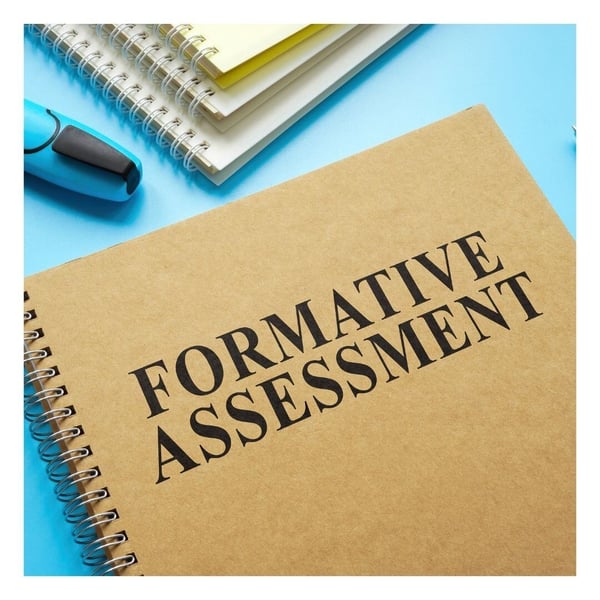In the ever-evolving landscape of math education, strategies that enhance student learning and engagement are crucial. One such transformative approach, Re-Engagement, significantly improves mathematics instruction by leveraging formative assessments for math. At Silicon Valley Mathematics Initiative (SVMI), we are dedicated to empowering educators through professional development for teaching math and adopting innovative practices to ensure all students thrive in their mathematical journeys.

Understanding Re-Engagement
Re-Engagement is a dynamic instructional strategy that utilizes the analysis of student work to inform teaching practices on a “just in time” basis. By examining authentic student responses, educators can pinpoint specific mathematical concepts that require further exploration. This approach facilitates lessons that engage diverse learning styles and promotes deep discussions around vital math ideas, making the learning experience both robust and relevant.

The Role of Formative Assessments for Math
Formative assessments for math are crucial tools that guide instruction by providing real-time feedback. Unlike traditional assessments, these evaluations focus on understanding student comprehension throughout the learning process. By using targeted performance assessments and point-scoring rubrics, teachers can uncover specific strengths and misunderstandings in student work. This targeted feedback allows educators to strategically adjust lessons, ensuring that all students receive the support they need to master mathematical concepts.

Building Agency, Authority, and Identity in Math Learning
A key benefit of Re-Engagement is its capacity to foster student agency, authority, and positive identity in math learning. Through collaborative discussions about their work, students gain ownership over their learning processes and build confidence in their abilities. This practice aligns with the Teaching for Robust Understanding (TRU) Math framework, which emphasizes the importance of student involvement in productive conversations. As students articulate their thoughts and build upon their peers’ ideas, they develop a sense of belonging and identity as capable mathematicians.

Keeping All Students Engaged
Classrooms often contain a wide range of understanding among students. Re-Engagement addresses this challenge by keeping all learners involved in the mathematical discourse. Rather than isolating struggling students for additional practice, educators can use representative student work to highlight misconceptions and successful strategies. This not only supports those in need of extra help but also enriches the learning experience for advanced students, who can contribute their insights and deepen their understanding of concepts.

Best Practices for Implementation
To effectively implement Re-Engagement, educators should focus on several best practices. Initial activities should be designed to elicit meaningful mathematical ideas, followed by selecting compelling student work examples. Creating targeted questions based on these examples encourages rich discussions that drive learning forward.
Re-Engagement is a powerful approach that not only enhances mathematics instruction but also empowers students to take ownership of their learning. By integrating formative assessments for math into the teaching process, educators can foster an inclusive and engaging environment that meets diverse student needs. At the Silicon Valley Mathematics Initiative, we encourage educators to explore the transformative potential of Re-Engagement in their classrooms. Are you ready to elevate your math instruction? Connect with us today to learn more, and become a member of our network of educators dedicated to enhancing and teaching math education!
